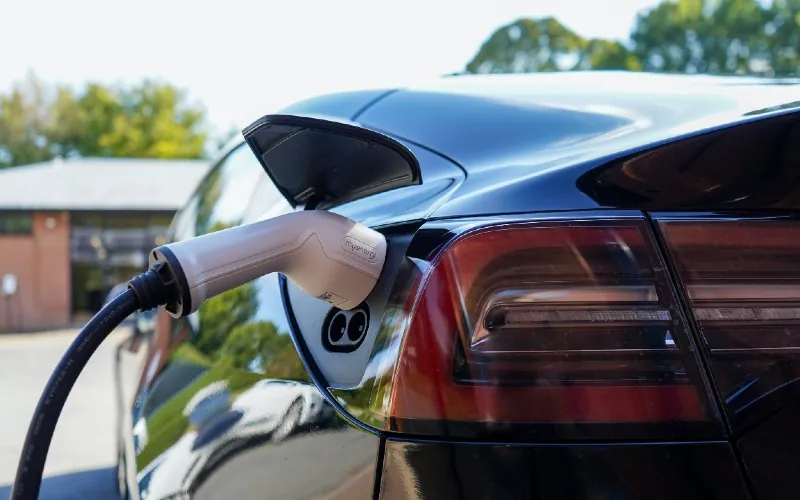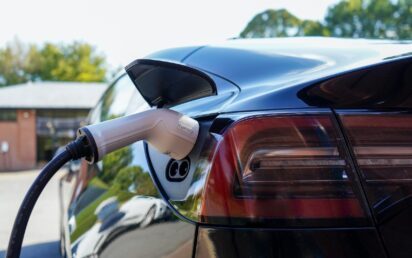New legislation is set to kickstart a ‘decade of delivery’ of charge points in an attempt to meet the infrastructure requirements of the electric vehicle revolution.
New homes and buildings such as supermarkets and workplaces, as well as those undergoing major renovation, will be required to install charge points from next year.
Buildings undergoing large-scale renovations with more than 10 parking spaces will also be required to install charge points.
The government claims up to 145,000 extra charge points will be installed across England each year as a result of the regulations.
There are currently 250,000 home and workplace charge points in operation, with a drastic increase in delivery needed to meet impending infrastructure requirements ahead of the ban on the sale of new petrol and diesel cars in 2030.
The government also aims to introduce simpler ways to pay whilst travelling – such as contactless – at all new fast and rapid charge points.
The ‘knowledge gap’ which leaves regional startups unprepared
Prime Minister Boris Johnson is expected to tell the CBI annual conference today: “This is a pivotal moment – we cannot go on as we are. We have to adapt our economy to the green industrial revolution.
“We have to use our massive investment in science and technology and we have to raise our productivity and then we have to get out of your way. We must regulate less or better and take advantage of new freedoms.
“We will require new homes and buildings to have EV charging points – with another 145,000 charging points to be installed thanks to these regulations.”
The government has also announced today that, following a successful pilot with businesses, Innovate UK will deliver a new three-year programme of £150m in new flexible and affordable Innovation Loans to help British SMEs commercialise their latest R&D innovations.
This programme supports businesses to grow, scale up and create new highly-skilled jobs in the process, including those who would have otherwise been unable to secure private loans.
Whilst this is open to a variety of sectors, green businesses will be able to apply from early next year, many of whom have already been benefiting during the pilot as the UK transitions to net zero.
It also confirmed nearly £10 million in funding for a first-of-a-kind new hydrogen project in the UK’s largest onshore windfarm near Glasgow.
£9.4 million will be invested into the Whitelee green hydrogen project to develop the UK’s largest electrolyser, a system which converts water into hydrogen gas as a way to store energy and supply local transport providers with zero-carbon fuel.
Developed by ITM Power and BOC, with ScottishPower, it has the potential to store and produce the equivalent of enough green hydrogen to fuel over 200 bus journeys travelling between Glasgow and Edinburgh each day.

